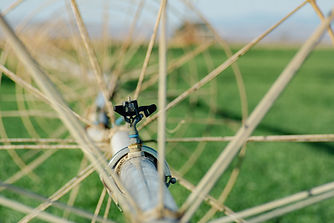
Climate
Climate change is a leading driver of hunger. Global warming is affecting weather patterns and causing weather events to occur more frequently and with greater intensity
The impact on food security is significant: reduced crop and livestock productivity, lower nutrient content in staple crops, increased prevalence of foodborne pathogens and an acceleration of food spoilage. This has a significant impact on low- and middle-income countries where agriculture is often the backbone of their economies.

Identifying the agricultural interventions to enhance climate resilience and food security
Under the aegis of the Hesat2030, CABI, the Juno Evidence Alliance and the Shamba Centre for Food & Climate, have launched a new project to identify the most promising agricultural interventions to enhance climate resilience and food security in low- and middle-income countries Researchers from the MIT’s FACT Alliance and the University of Aberdeen are also participating in this work.
Defining causal pathways
By breaking down complex relationships into interconnected steps, the causal pathway provides a clearer understanding of how specific interventions contribute to resilience and food security within vulnerable food systems. This approach identifies potential synergies and trade-offs among interventions, thus promotes a holistic understanding of their cumulative impacts.

Access to Climate Information and Extension Services

Crop Diversification

Market Access and Value Chain Development, and Financial Services

Soil Conservation

Agro-forestry

Improved Water Management

Post-harvest Management and Storage

These recommendations will help inform policy makers and the donor community on how to prioritize their investments for maximum impact.
